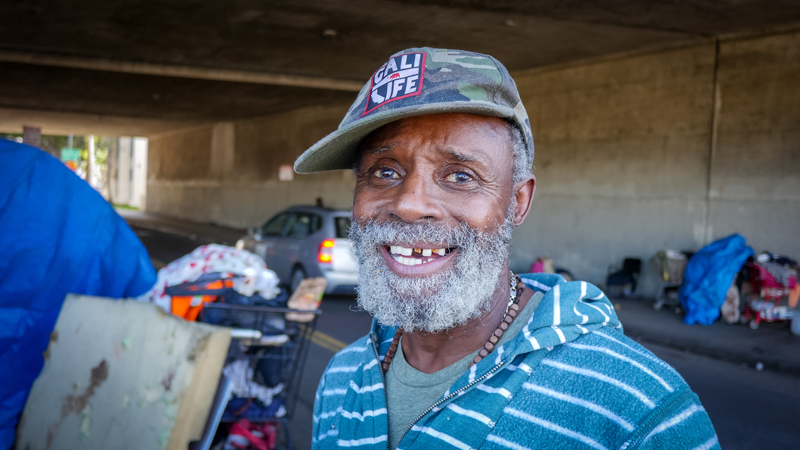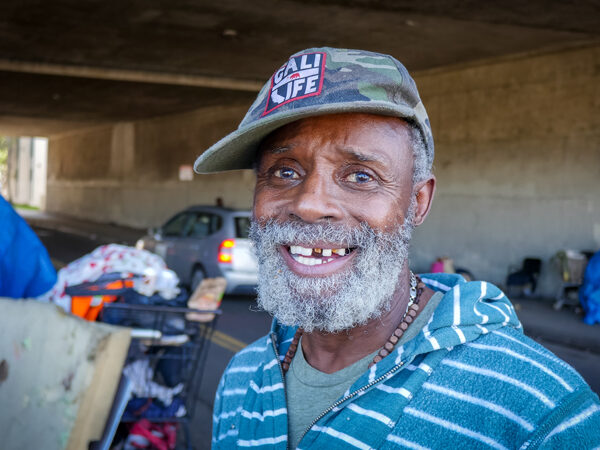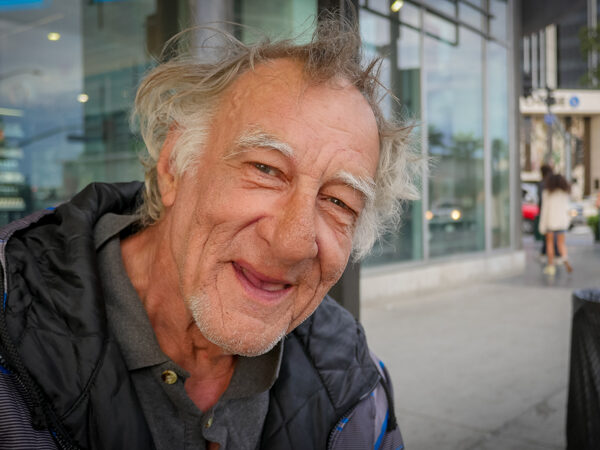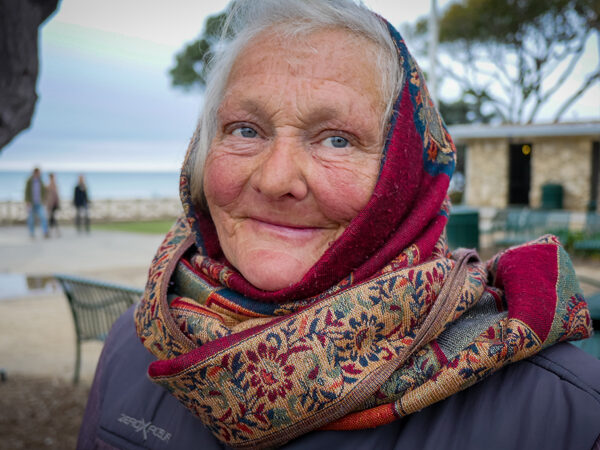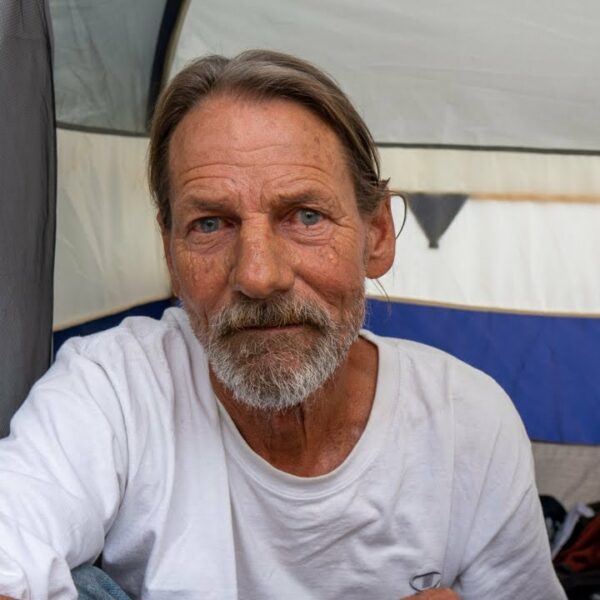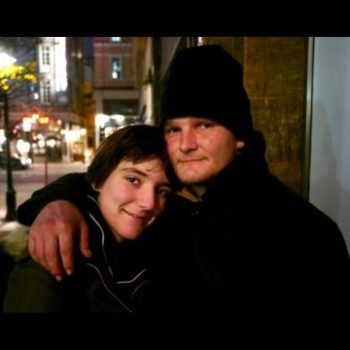How Does Homelessness Impact Seniors?
Experiencing homelessness is a challenge, and often a traumatic experience, for individuals at any age. For elderly people, the experience of aging exacerbates health and social challenges.
Homeless elders face significant health challenges. Diagnosing and treating homeless seniors and older people can be difficult due to lack of money or insurance to pay for treatment. Some older people experience distrust of health care and social service providers. Getting to public assistance programs can also be daunting to homeless elders who have limited mobility. Once in the door, some get discouraged by lengthy application processes or ultimately refuse help.
Not only is homelessness a barrier to health care, but it can also increase the risk for health conditions. The aging homeless population experiences high rates of diabetes and hypertension. Age also puts people at further risk for complications from COVID-19.
This is likely for a number of reasons including:
- Emotional stress (e.g., being scared)
- Physical stress (e.g., walking long distances or sleeping uncomfortably on streets), and
- Inadequate nutrition
Many older homeless individuals have difficulty with self-care and keeping up with hygiene which can cause infection. Due to stress and social isolation, the experience of homelessness may also exacerbate mental health conditions. Sadly, homeless seniors in urban centers have disproportionately high rates of premature death. Elderly people who are homeless will likely present increasing challenges for behavioral health and medical systems.
Social Relationships Are Vital for Elderly People
Health isn’t the only key to well being. In addition to health, experiencing homelessness can make it hard for older individuals to maintain their social relationships. People may feel ashamed about being homeless and distance themselves from family and friends. Homeless seniors may not want to be a burden to their children, nieces, or nephews. Moreover, without a stable place to live, an address, or consistent access to a phone or the Internet, people can lose contact with their support system.
Safety Net Programs for Homeless Seniors
What exists to help homeless seniors survive and cope? In terms of health, older people have several safety net programs specifically designed for them, such as subsidized housing, Medicare, and Social Security. Subsidized housing is housing that is paid for partially by a government “subsidy”—a paid for portion of the cost.
The number of safety net programs that are available to seniors is helpful. However, those who fall between the ages of 50 and 65 are a group of individuals who are not old enough to qualify for programs like Medicare. They often fall through the cracks despite having similar physical health to those much older due to daily stress, poor nutrition, and living conditions.
Learn more about how to help elders who are homeless here.







